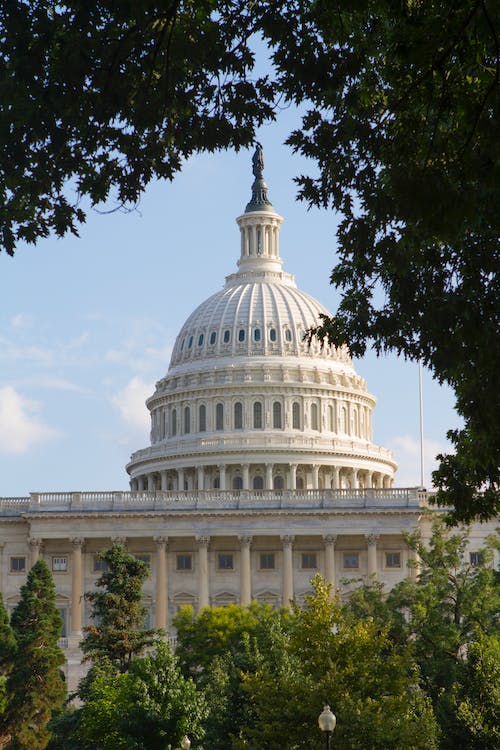Verifying Information: The Biden Administration Refutes Connection Between Stimulus Spending and Inflation
Claim Under Review: Heather Boushey, an economic adviser to President Joe Biden, has challenged the claim that the Biden administration’s $1.9 trillion American Rescue Plan is the principal reason for the inflation experienced in the United States. During a discussion on CNBC, Boushey insisted that the inflation rates in the US were not more pronounced than in other countries that did not introduce similar stimulus measures. Instead, she attributed the uniform inflation seen globally to the effects of the worldwide pandemic.
Significance of the Claim: The inflation spike of 2022 had substantial impacts on average US households, causing an estimated increase of $8,600 in typical household expenses, according to data from the Republicans of the Joint Economic Committee. As President Biden prepares for a potential 2024 reelection campaign, the state of the economy will play a pivotal role in shaping voter attitudes. With only one-third of US adults approving of Biden’s economic management, according to a June poll by the Associated Press, the President faces a considerable challenge in persuading voters that the economy is either flourishing or that any economic difficulties are not a result of his administration’s decisions.
Background: Criticisms have been leveled against Biden and his administration by Republicans who believe that the American Rescue Plan spending has resulted in higher consumer prices. The Biden administration counters this, arguing that the primary causes of inflation were corporate greed and disruptions in the supply chain due to the pandemic. Biden has regularly dismissed allegations that the stimulus plan resulted in higher consumer prices. In a 2021 statement, Biden affirmed, “There’s nobody suggesting there’s unchecked inflation on the way—no serious economist.” Later, he described the idea that the American Rescue Plan had triggered inflation as “bizarre.”
Analysis: Before the passage of the American Rescue Plan, both Janet Yellen, Biden’s Treasury Secretary, and Larry Summers, an economist and veteran of both the Clinton and Obama administrations, voiced concerns about the potential inflationary effects of the stimulus bill. Summers even termed the plan as the “least responsible macroeconomic policy” in decades in a Washington Post column.
Comparatively, during the 2008 recession, around 55 million Americans received an approximate total of $13.75 billion in direct payments under the Obama administration. The American Rescue Plan, in contrast, issued about $401.5 billion in direct stimulus payments to approximately 168 million Americans. After these payments were distributed, the US saw a significant jump in core inflation, leading to admissions from members of the Democratic party regarding the inflationary effect of the stimulus plan. For example, Rep. Kim Schrier (D., Wash.) acknowledged in June 2021 that the stimulus spending had led to increased buying, and, therefore, rising prices. In October, then-House majority whip Jim Clyburn (D., S.C.) stated, “Any time you put more money into the economy, prices tend to rise.”
Hence, while the global pandemic’s role in causing inflation is undeniable, it’s clear there’s a debate regarding the extent to which the American Rescue Plan may have contributed to these inflationary pressures.






